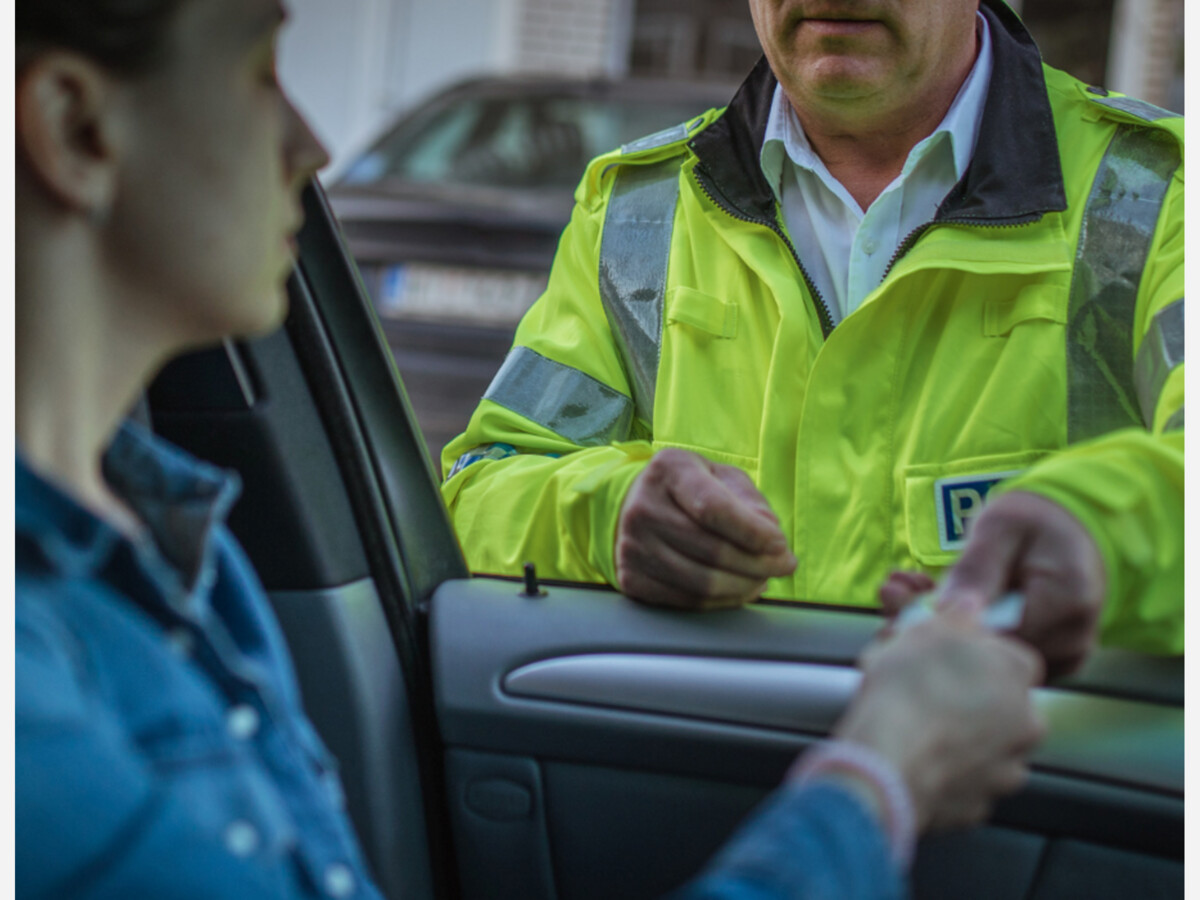Image


Westwood Police Chief Jeffrey Silva described his examination of Westwood Police Department (WPD) practices at Westwood Select Board’s meeting of June 10th, and concluded officers “did nothing wrong,” following researchers’ findings in February that WPD was one of five Massachusetts police departments which had higher odds of stopping a non-white driver during the day than at night.
Non-white drivers in the study were defined as African American/Black, Hispanic, or Other (i.e., Asian, Asian Pacific, American Indian, Middle Eastern, and Pacific Islander).
“It was a good opportunity for us to review what we always review, to make sure that we can be confident that what we’re doing is right and that it’s proper,” said Chief Silva. “And I’m here to tell you that it was,” he said.
Researchers focused on 364 law enforcement agencies/agency sub-divisions, which shared the characteristic of having a minimum of 100 traffic stop citations for the 12-month periods of 2021 and 2022. The researchers found 5 departments, of which WPD was one, where odds ratios indicated that the odds of stopping a non-white driver to be higher during the day than at night.
The researchers looked at a sample of traffic stops conducted during the intertwilight period of 4:35 a.m. – 7:16 a.m. (day) and 4:14 p.m. - 9:02 p.m. (dusk), and assumed that law enforcement attempts to racially profile motorists would be aided by daylight. Therefore, a greater number of stops of certain racial groups during the day could indicate an area to examine for potential racial profiling or bias.
Chief Silva informed Select Board that questions to researchers regarding their methodology had not been answered.
He said WPD conducted its own investigation into “every” warning, traffic stop, and written warning, and applied what WPD believed to be a same or similar “veil of darkness” analysis to its data.
“What it was, and just goes to show you how delicate this study can be, literally one grain of sand on the scale. . . We had one contact with an operator during the day that was more than during the veil of darkness, and that tipped the scale…” explained Chief Silva.
“[There’s] no indicia, no indication that that the officers did anything wrong, frankly. It just was that one singular encounter that we had. If we had one less encounter during the day during than the nighttime, then the state wouldn’t have selected us [for further investigation],” he said.
Select Board Clerk Marianne LeBlanc Cummings asked Chief Silva to explain how WPD has implemented bias-free policing. The chief noted that “It starts from the root to the fruit,” and referenced hiring practices that seek to be inclusive and procedurally fair, and a “meritocracy” that reflects the public being served. He noted that the entire department has received training on mental health, bias-free policing, and police legitimacy. Supervisors have been added to every shift to monitor police activity, and data is routinely examined by himself along with a lieutenant, he said.
He called the study's findings an opportunity for review. “Other than an immediate protection of life and property, there’s nothing any more worthwhile than us putting effort into making sure that people feel that they’re treated fairly, that their police department is doing the right thing," he said. The chief invited anyone with questions to call him. “It’s an open book here,” he said.
According to Chief Silva, a final report will be reviewed by the Massachusetts Attorney General. However, the chief does not expect anything more will be required of WPD beyond the internal investigation that he described to Select Board.
Westwood Minute’s review of researchers’ traffic data study shows that the researchers themselves offer numerous caveats to finding disparities in the traffic stops made by the Commonwealth’s law enforcement agencies. Most glaringly, the traffic data they reviewed does not distinguish whether the stops were instigated by officer discretion or other reason. In other words, the traffic data examined could have reflected stops made due to a dispatch call, a warrant, a citizen alert, or reason other than racial profiling or racial bias by police.
Further, the researchers note the lack of a universally accepted benchmark to determine whether racial disparities exist in a particular community. They note the lack of an agreed-upon standard for what constitutes an unacceptable level of disparity.
The researchers state that their report “cannot offer proof of racial (or other) profiling, or its absence for that matter. It is instead a starting point for raising awareness and generating deeper conversation on this important social issue.”